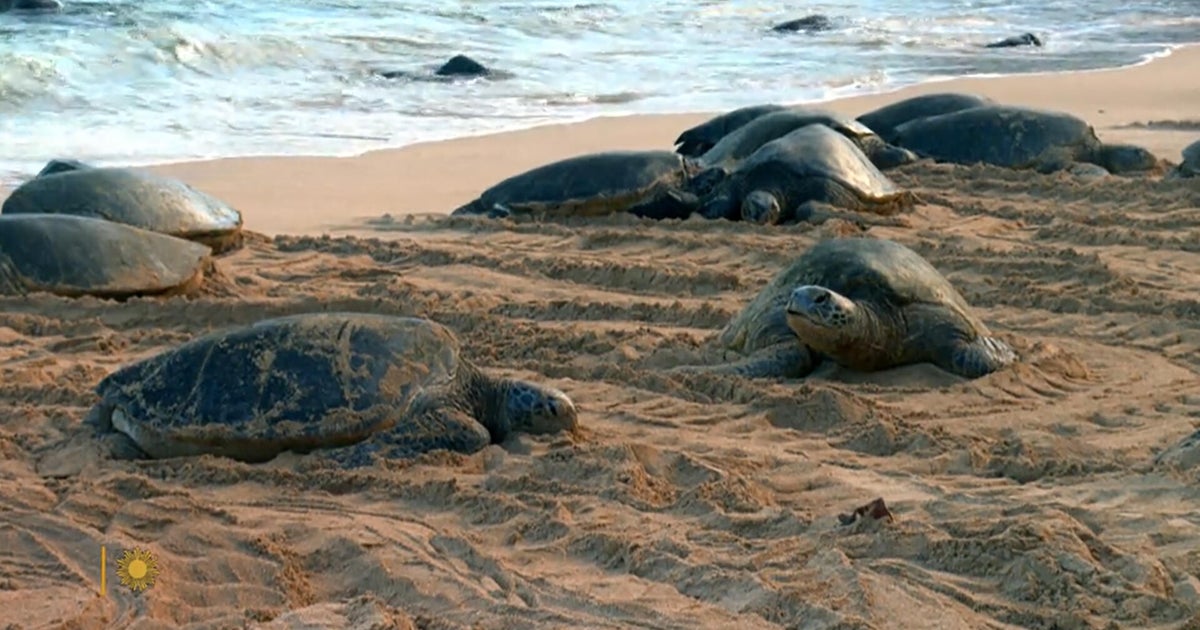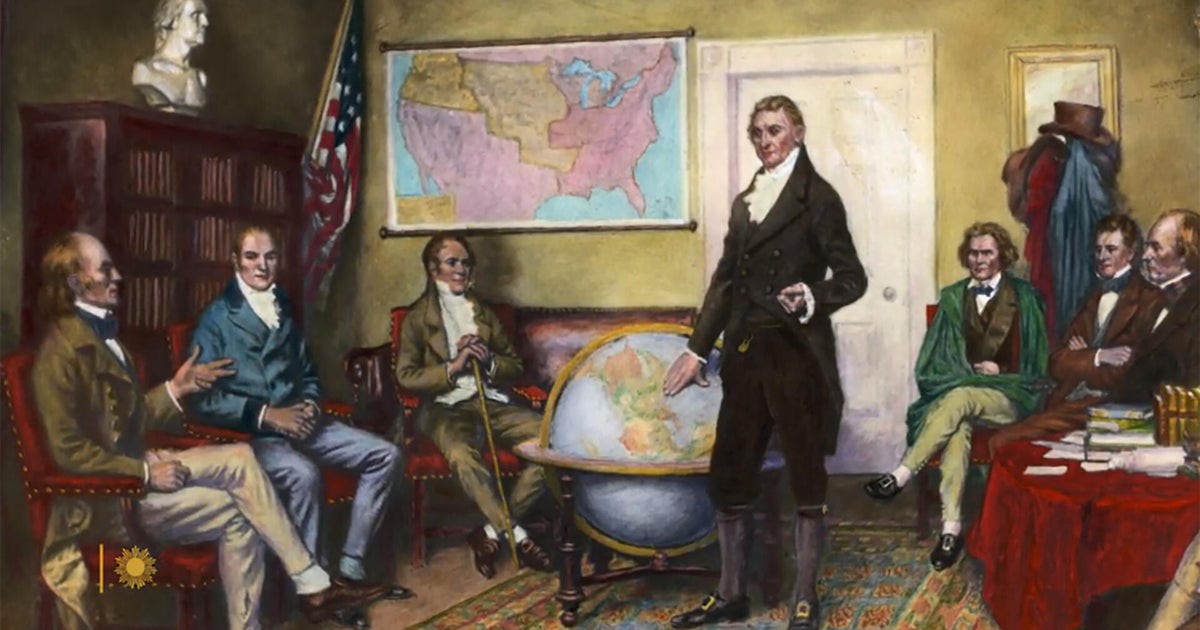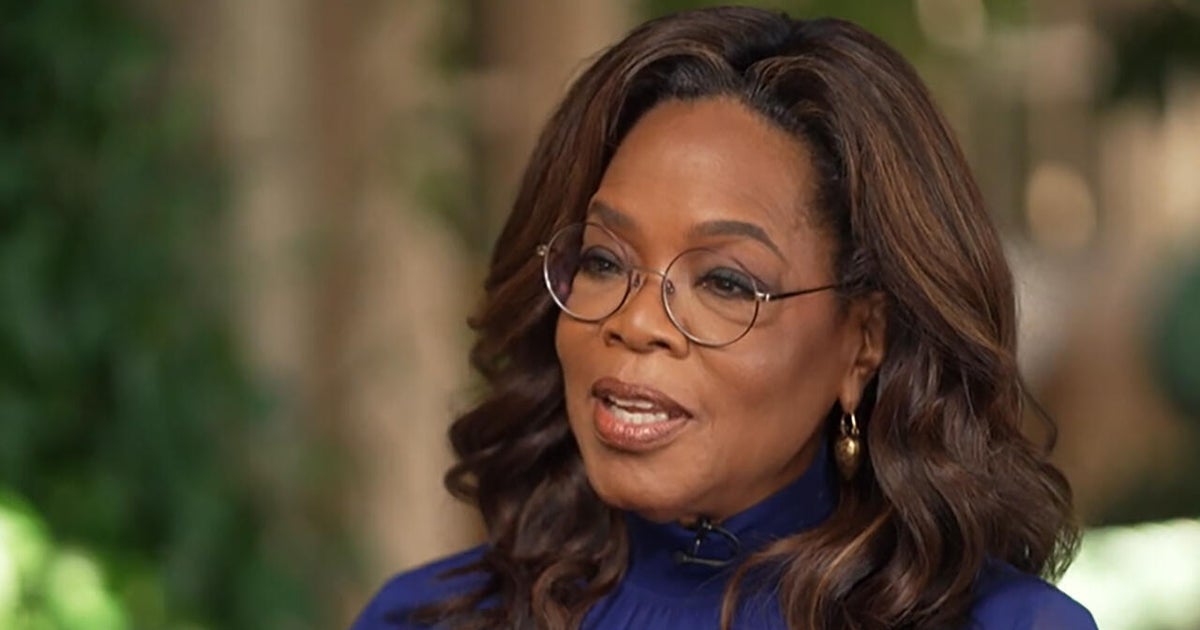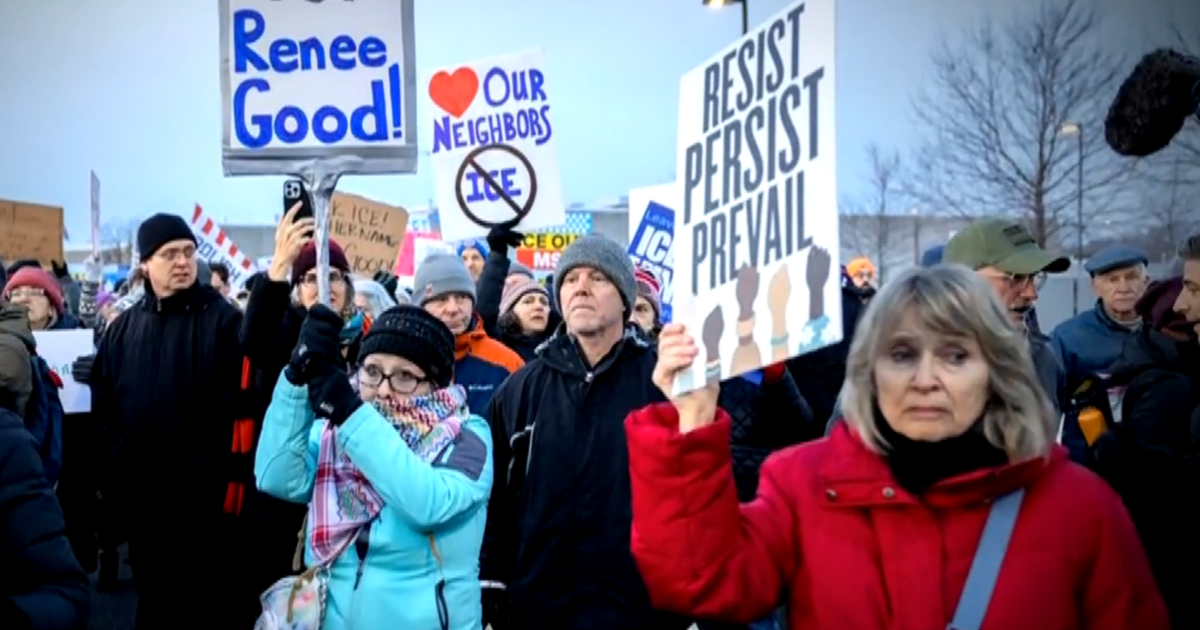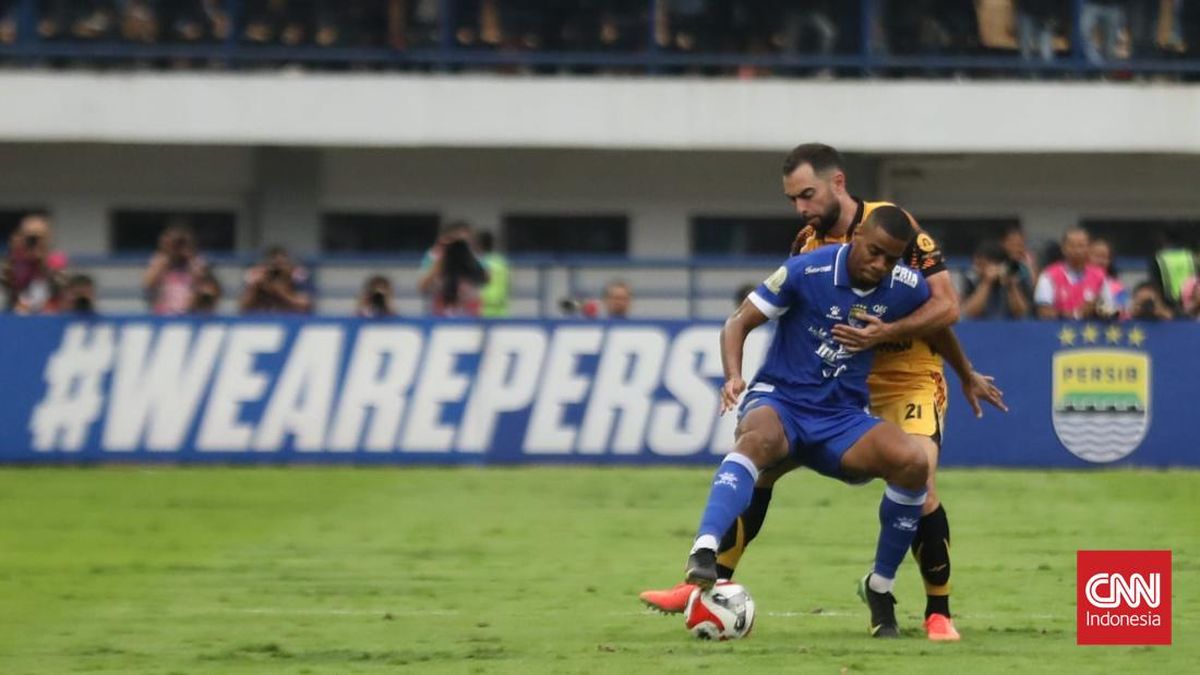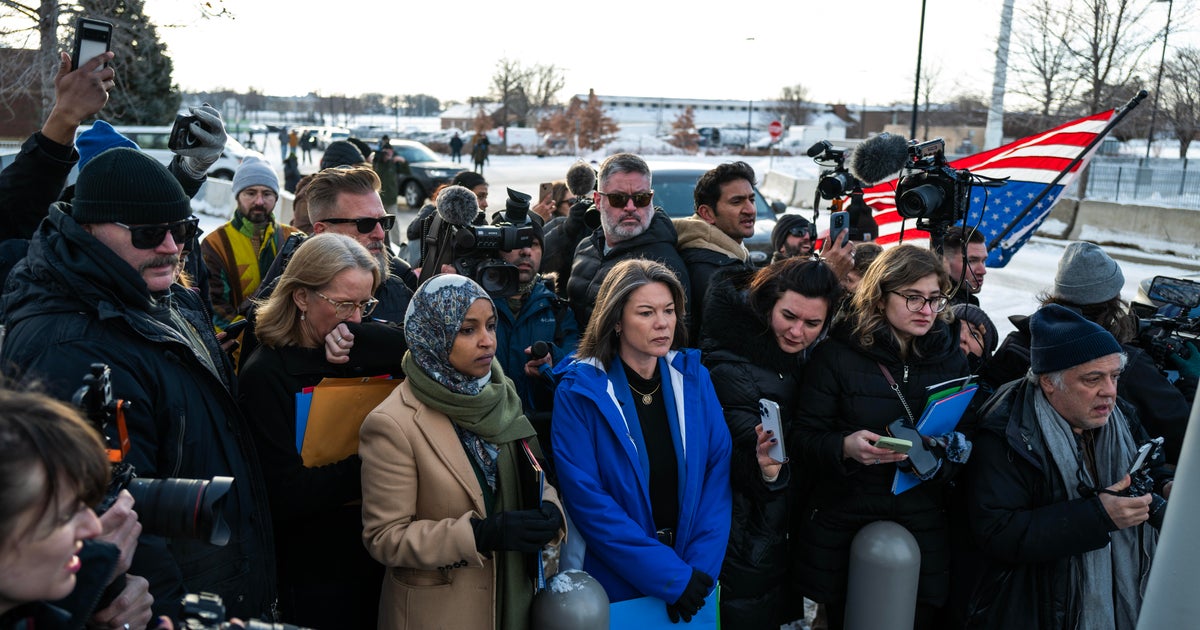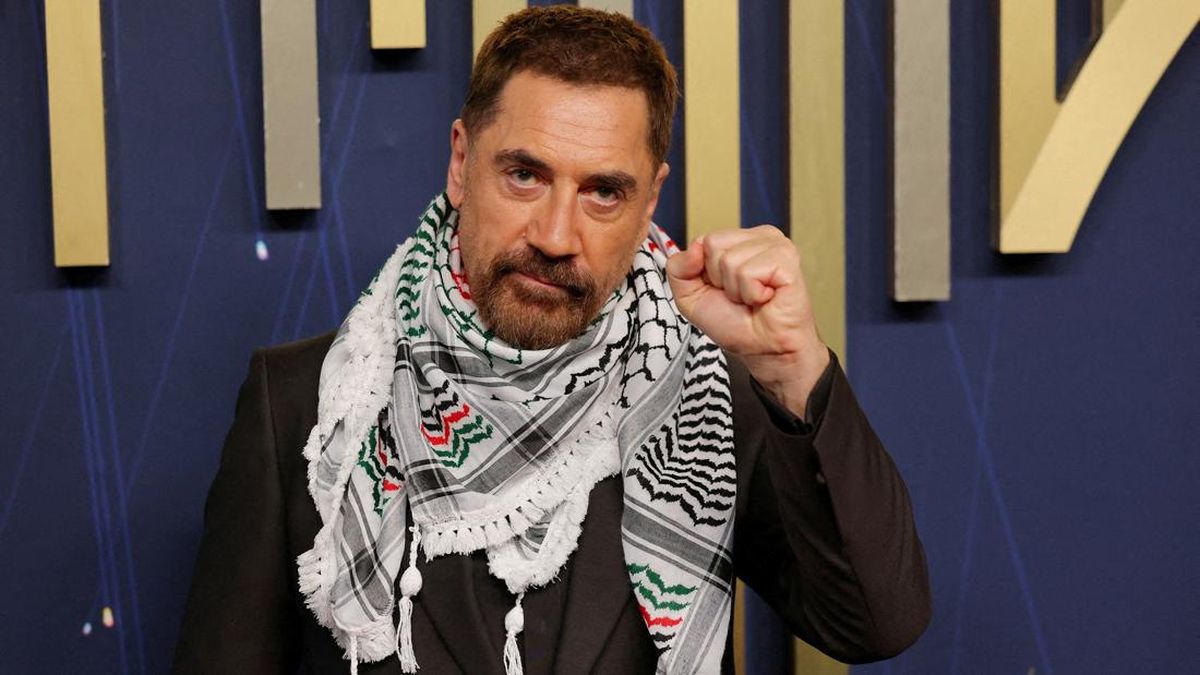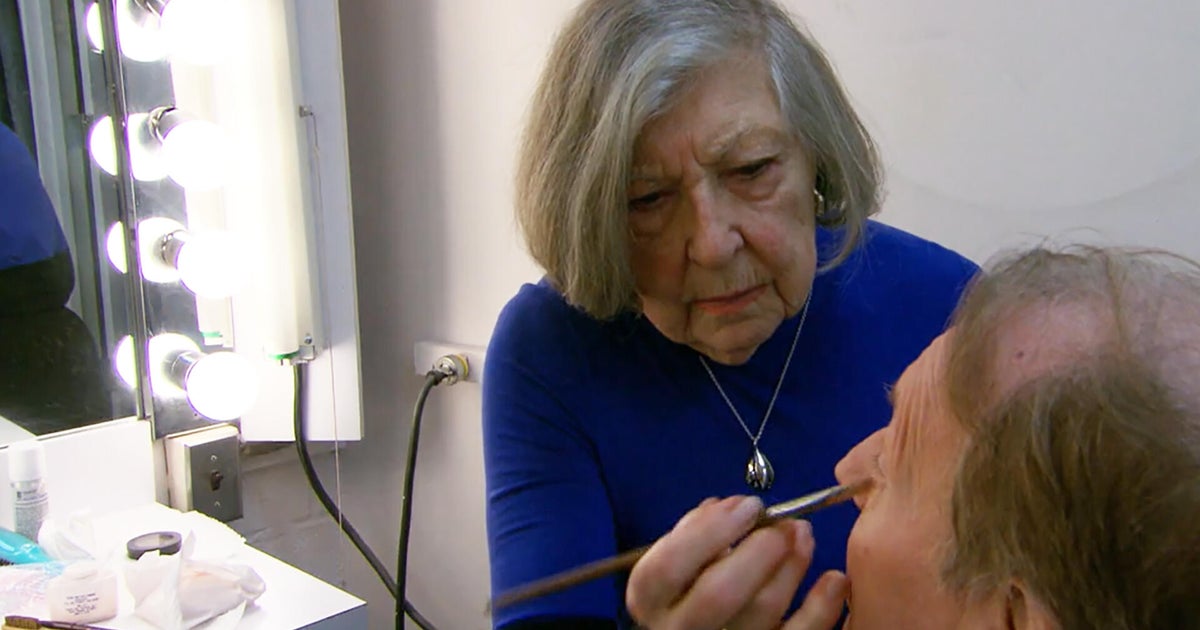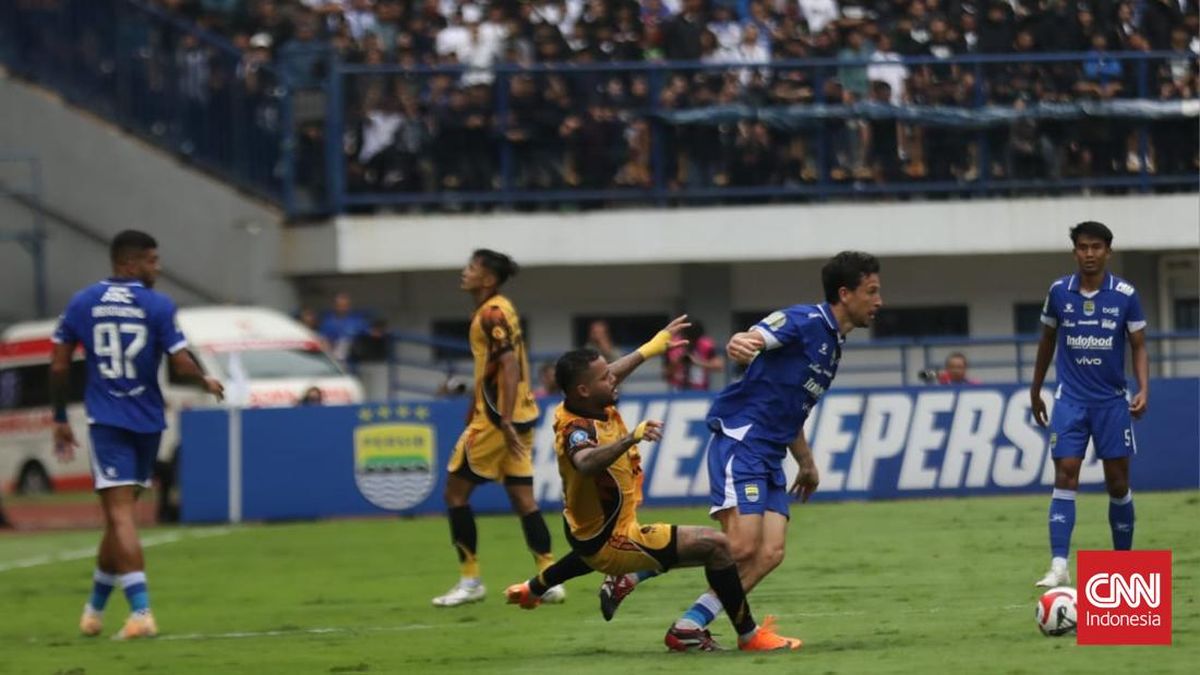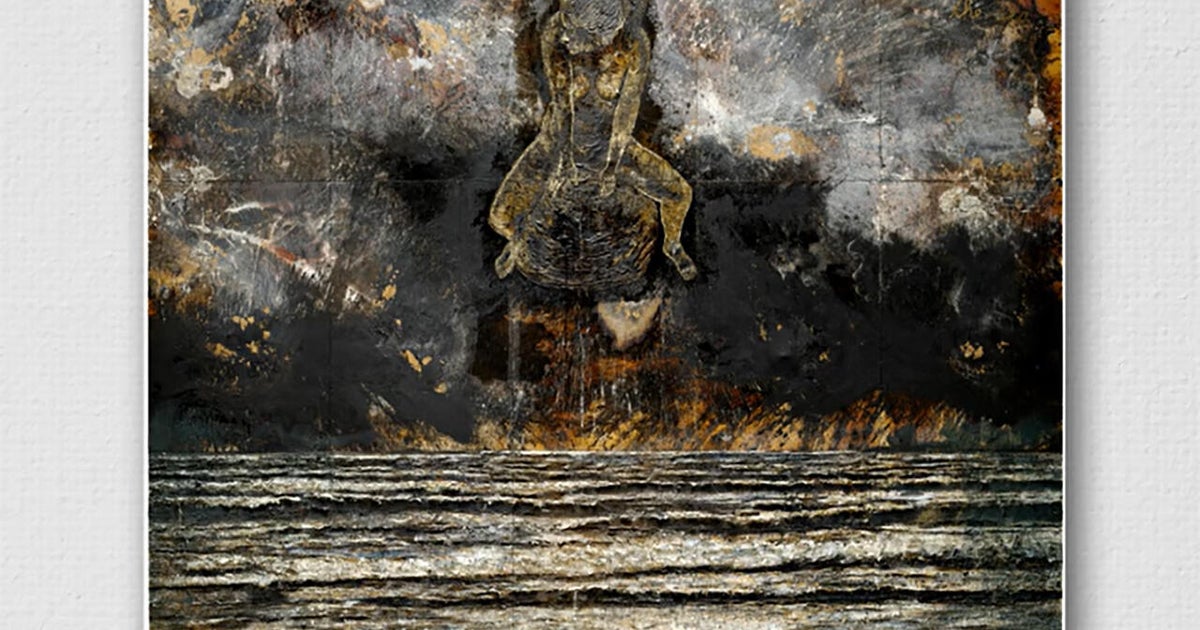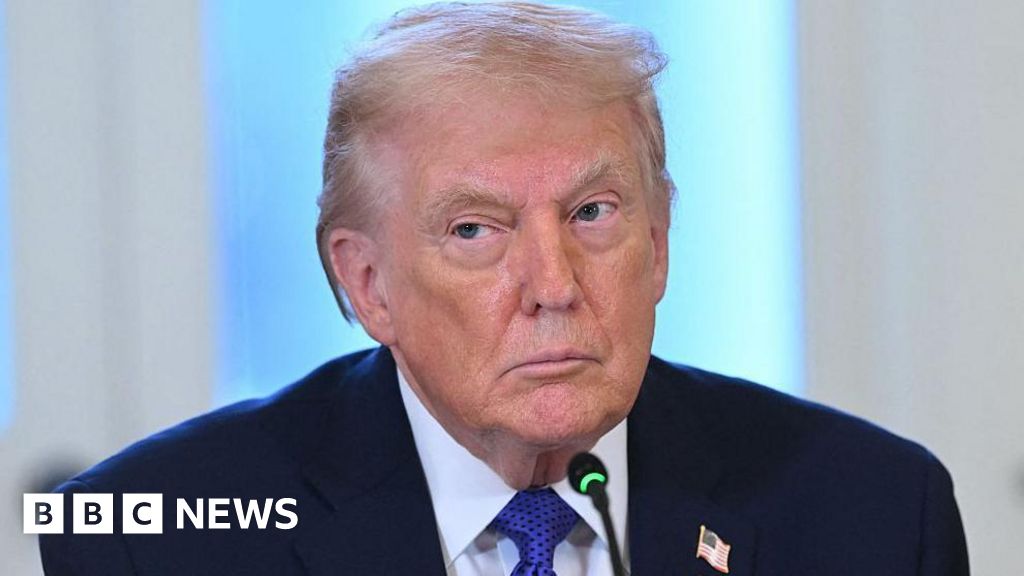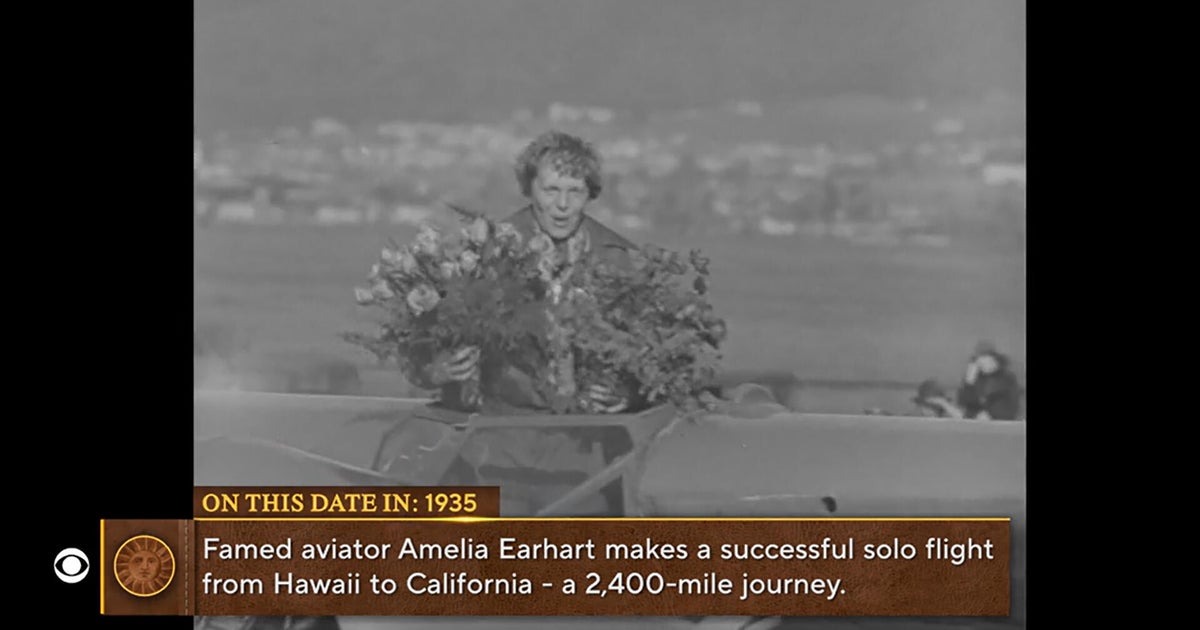John Martinkus made his name reporting on conflict. He was the first and last journalist covering East Timor’s brutal struggle for independence, and went on to cover Iraq, Afghanistan, Aceh, Burma and West Papua.
He died on Sunday in Melbourne, aged 56.

John Martinkus.
Timor Leste president Jose Ramos Horta recognised Martinkus last year “for his courageous reporting on the situation in Timor-Leste in 1999”, describing him as “one of the bravest journalists ever”.
Speaking on Radio National on Tuesday morning, former Four Corners journalist Mark Davis, who worked alongside Martinkus covering conflict for more than two decades, said they had met in Dili and became great friends.
“His patch was East Timor and he did it when no one was interested, and no one could get in, he broke the first stories of the forming militias, well before the referendum; the same with West Papua, he got into West Papua. He went where others weren’t going basically, and it really meant a lot to him. These were impassioned stories,” Davis said.
Loading
“I went with him to East Timor last year and it was incredible to see the groundswell of love for John … he’s a big deal in East Timor, as he deserves to be. You don’t get many wins in journalism, it can be a pretty bleak profession really. Not too many guys can say ‘I helped create a nation’ and John certainly did.”
During the Iraq war, when filming a report for SBS’s Dateline in Baghdad, Martinkus was kidnapped and held for 24 hours. This was at a time when captives were beheaded and video of their deaths distributed through the media.
He was released after his captors did a Google search for his details and accepted that he was not working for the US-led coalition. In an opinion piece for this masthead two years ago, Martinkus wrote of that experience:
“After 24 hours my translator and I convinced the kidnappers that I didn’t work for the Americans and I wasn’t a threat. The fact I was unarmed proved my case as did my translator’s excellent memory of those we had interviewed and how they were senior to these guys in the insurgency.
Loading
“No money was paid and no military operation necessary. The simple fact I had tried to report on the torture of one of the insurgent’s fathers at the prison in Abu Ghraib was enough to stop us being beheaded.”
A Dirty Little War, the book he wrote about East Timor’s fight for independence was shortlisted for a NSW Premier’s Literary Award in 2002.
Antony Lowenstein described his 2017 book Lost Copy: The Endless Wars: Iraq and Afghanistan as “a damning indictment of what we don’t see and hear about the never-ending ‘war on terror’”.

Martinkus in Jordan in 2004 after being held hostage for 24 hours in Iraq.Credit: Reuters
A four-time Walkley Award-nominated investigative reporter, Martinkus in recent years taught journalism at the University of Tasmania.
Loading
A review of his 2020 book The Road, about the uprising in West Papua, was described as “urgent, dramatic investigative journalism at its best”.
“It is clear in its analysis, crisply written and genuine boots-on-the-ground reporting. John Martinkus doesn’t just know his stuff, but the place and the people, his report tabling mass killings by Indonesian military and police as well as the displacement of an estimated 45,000 civilians near the controversial Freeport gold and copper mine,” wrote reviewer Steven Carroll.
Martinkus is survived by his three daughters Lilya, Cara and Signe.
Start the day with a summary of the day’s most important and interesting stories, analysis and insights. Sign up for our Morning Edition newsletter.
Most Viewed in Culture
Loading

